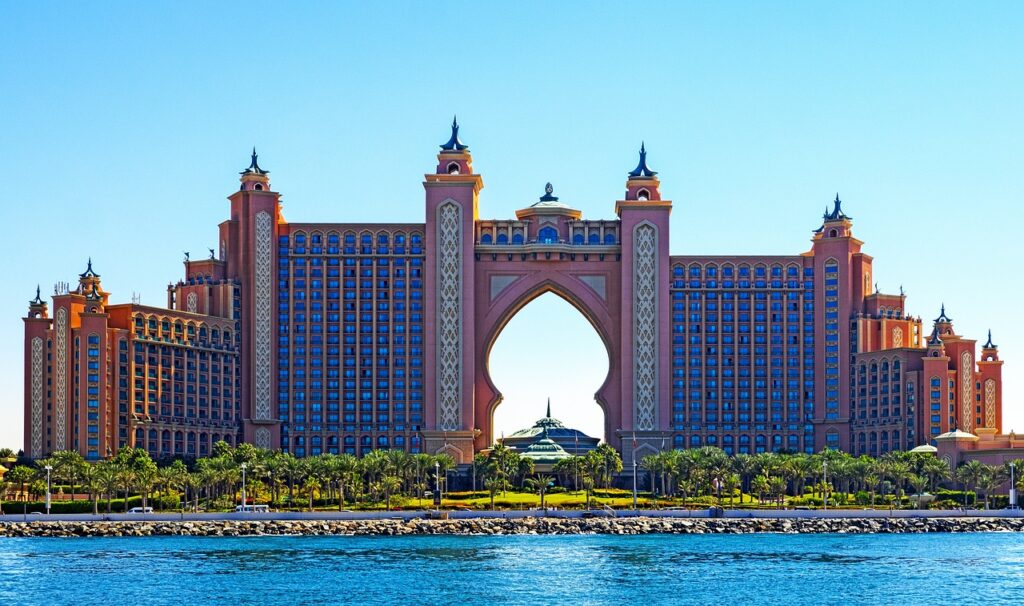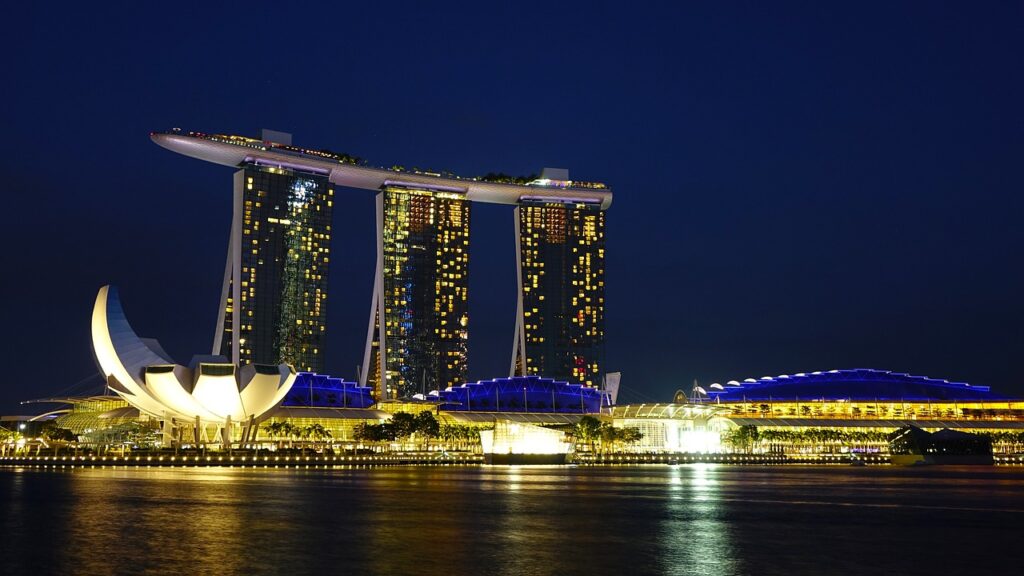The epidemic has come to an end, and travel controls in China have gone. Both business and leisure travel are recovering, and the demand for hotels is also on the rise. Regarding the future trend of the Chinese market, overseas research institutions and professionals have given judgments that high-end star rated hotels will be more popular in the future Chinese market.

Chinese Tourists to Spend More on Hotels
A survey by Morgan Stanley in late January found that Chinese consumers plan to spend more on hotels.
The study pointed out that China’s demand for high-end and luxury hotels is growing. The reasons behind that include firstly the epidemic has passed. And secondly, China has ended its domestic travel restrictions.
Compared with before the outbreak of COVID-19, consumers seem to be more willing to increase hotel accommodation expenditure for travel. Among them, 20% of people ranking it as their top travel expenditure, compared with 17% in 2017 and 2020. The report cited a proprietary survey of about 2000 consumers in major cities in 19 provinces of China from January 29 to 31.
The report states that 37% of consumers prefer hotels with higher star ratings, up from 18% in 2020. And consumers with higher incomes show a stronger appetite for luxury hotel accommodations (47% vs. 31% in 2020). Meanwhile, the willingness to stay in budget hotels and mid range hotels has generally declined.

Proportion of Travel Budget has Greatly Changed
During the pandemic, consumers’ willingness to save surged to a historic high. It’s because of the uncertainty of future revenue, retail sales lag behind China’s overall economic growth. Morgan Stanley stated that shopping is still the top expense for travelers. However, the survey found that their shopping demand is also sluggish. According to surveys in the past few years, travelers’ shopping budget is 9405 yuan ($1387), slightly higher than in 2020. Unfortunately, it’s still far lower than the 13782 yuan in 2017.
Most consumers hope to maintain overall spending the same over the next six months. But 24% of respondents said they plan to spend more money to upgrade their lifestyle. Typically, it’s an attitude that typically leads to purchasing higher quality products. The report states that this proportion is higher than 20% a month ago. More and more consumers are hoping to upgrade their lifestyle through higher expenses, which is a common phenomenon.

Higher Disposable Income Leads to Demands on High-end Hotels
Christopher J. Nassetta, the global CEO of Hilton, said about leisure consumption in China. There are no signs of slowing down.
According to data from the National Bureau of Statistics, China’s per capita disposable income increased by 2.9% in 2022. It was 36883 yuan (5439 US dollars), excluding price factors. Data shows that the disposable income of urban households is $1000 higher than the national level.
For international brand hotel groups, as early as September, UBS analyst stated that they expected Chinese people to pay for hotels after the epidemic passed. The growing middle/high income population in China will drive a sustained increase in demand for high-end hotels. At present, the contribution and brand penetration rate of high-end luxury hotel in China are lower than those in North America.
For international brands, this may be an opportunity. ‘We believe that Chinese hotel groups will face challenges in entering the high-end market.’ UBS said.
Chinese hotel groups are still exploring the high-end hotel market, and we believe that acquiring mature overseas high-end brands may be their best choice. Establishing a joint venture with real estate developers can provide property management resources for entering the high-end hotel market.

High-end Hotels to Benefit Greatly Again since 2023
This week, InterContinental Hotels Group announced the signing of two hotel agreements in Shanghai. It includes the first luxury Vignette Collection brand hotel in Greater China. A press release states that these hotels will open in the first half of 2024.
InterContinental, Marriott International, and Wyndham Hotels and Resorts will release revenue later this month.
Hilton Global Holdings stated in its fourth quarter earnings report that an industry indicator measuring China’s revenue, the number of overnight stays, showed a 37% decline in business compared to 2019 levels. China’s epidemic control has also hindered the company’s planned expansion in the fourth quarter.
Christopher J. Nassetta, the global CEO of Hilton, said in a financial conference call: ‘We are starting to see an upward trend in travel volume within China.’However, they expect to benefit greatly, especially in the second half of this year.


